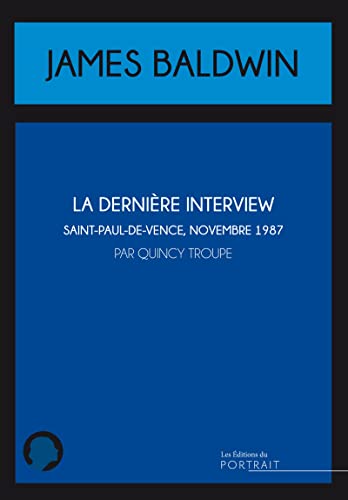What do you think?
Rate this book


44 pages, Kindle Edition
First published December 2, 2014
TERKEL: The matter of freedom leads to another chapter in your book, in which you discuss a meeting with Ingmar Bergman, whom you described as a free, a relatively free, artist. Would you mind telling us about that?
BALDWIN: Well, part of Bergman’s freedom, of course, is purely economical. It is based on the social and economic structure of Sweden. He hasn’t got to worry about money for his films, which is a very healthy thing for him. But on another level, he impressed me as being free because—and this is a great paradox about freedom— he’d accepted his limitations: limitations within himself, limitations within his society. I don’t mean that he necessarily accepted all these limitations, or that he was passive in the face of them. But he recognized that he was Ingmar Bergman, could do some things and could not do some others, and was not going to live forever; he recognized something that people in this country have a great deal of trouble recognizing: that life is very difficult, very difficult for anybody, anybody born. People cannot be free until they recognize this.